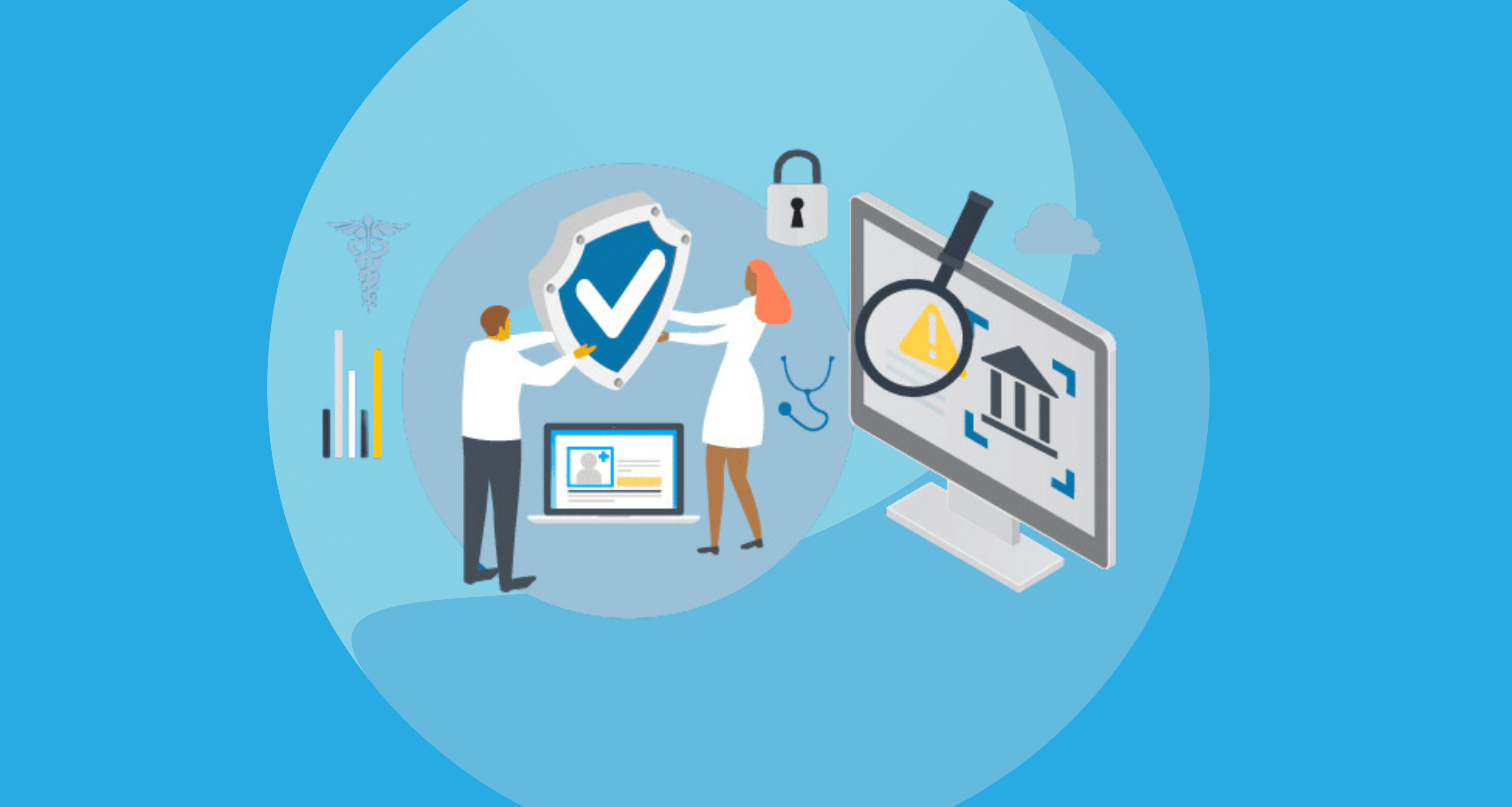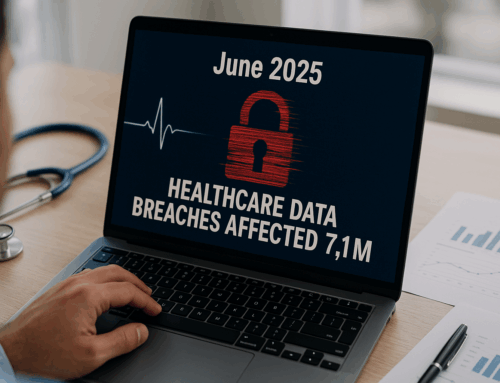
Patient safety and regulatory compliance are paramount, and healthcare organizations face numerous challenges in effectively managing their operations. The complex nature of the healthcare industry calls for a robust framework to ensure governance, mitigate risks, and maintain compliance with various regulations.
Let’s delve into Healthcare Governance Risk and Compliance (GRC) and explore its significance, key components, and the imperative role it plays in safeguarding the health industry.
Understanding Healthcare Governance Risk and Compliance: Ensuring Accountability
Healthcare Governance Risk and Compliance refers to the structured approach that healthcare organizations adopt to manage their operations within legal boundaries while adhering to ethical standards.
Effective governance sets the foundation for a well-functioning healthcare organization. It involves establishing clear lines of:
- Authority
- Defining Roles and Responsibilities
- Ensuring Accountability
Within the context of governance risk and compliance in healthcare, governance aims to:
- Improve Decision-Making
- Enhance Transparency
- Drive Organizational Success
Risk Management in Healthcare: Identifying and Mitigating Risks
The healthcare industry is riddled with potential risks that can have far-reaching consequences on:
- Patient’s Lives
- Financial Stability
- Reputation
- Regulatory Standing
An efficient risk management strategy aids in:
- Identifying Risks Proactively
- Evaluating Potential Impact
- Implementing Preventive Measures
- Developing Contingency Plans
By addressing risks head-on, healthcare organizations can minimize adverse events and protect patients and stakeholders.
Compliance in Healthcare: Navigating Regulatory Landscapes
Compliance forms a critical pillar of healthcare governance risk management and compliance by ensuring adherence to:
- Laws
- Regulations
- Policies
- Standards
- Best Practices
These are set forth by governing bodies such as government agencies or professional associations. Compliance efforts encompass areas like:
- Data Privacy Protection
- Clinical Guidelines
- Billing Practices
- Pharmaceutical Regulations
By complying with these requirements, healthcare organizations demonstrate their commitment to ethical conduct and public welfare.
The Importance Of Healthcare Governance Risk Management and Compliance
1. Patient Safety
Healthcare governance establishes protocols and procedures that prioritize patient safety. Risk management identifies potential hazards or systemic weaknesses, allowing proactive interventions to prevent harm. Compliance ensures adherence to regulations designed to protect patients’ rights and well-being.
2. Reputation Management
A robust GRC framework helps safeguard the reputation of healthcare organizations. Organizations can preserve trust, attract patients, and maintain positive relationships with stakeholders by adopting best practices, adhering to ethical guidelines, and promptly addressing compliance issues.
3. Financial Stability
Effective governance mitigates financial risks by establishing sound financial management practices and ensuring transparency in reporting. Risk management aids in identifying potential fraud or embezzlement risks, preventing financial losses. Compliance with billing regulations reduces the risk of costly penalties or legal action.
4. Legal Protection
Compliance efforts shield healthcare organizations from legal repercussions resulting from non-compliance with regulatory requirements. Organizations can avoid reputational damage, fines, or even criminal charges by staying abreast of evolving laws and implementing necessary measures.
5. Continuity of Care
Healthcare GRC promotes operational resilience by identifying system vulnerabilities and processes that could disrupt care delivery. Through effective governance structures, risk mitigation strategies, and adherence to compliance standards, healthcare organizations can ensure uninterrupted service provision even during times of crisis.









